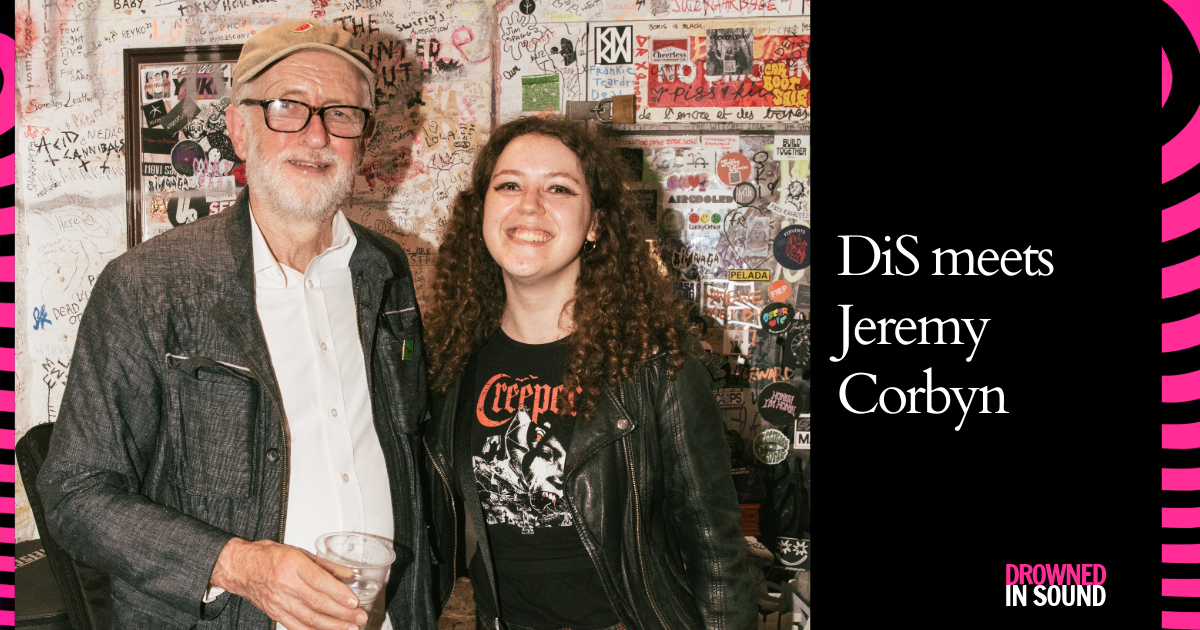This post is for paying subscribers only
Subscribe now and have access to all our stories, enjoy exclusive content and stay up to date with constant updates.
Jeremy Corbyn has gone from Leader of the Opposition to a champion of grassroots music - and now, his Peace & Justice project is launching a festival. We ask - how did he come to speak up for a cause few other MPs have?

Subscribe now and have access to all our stories, enjoy exclusive content and stay up to date with constant updates.
Already a member? Sign in